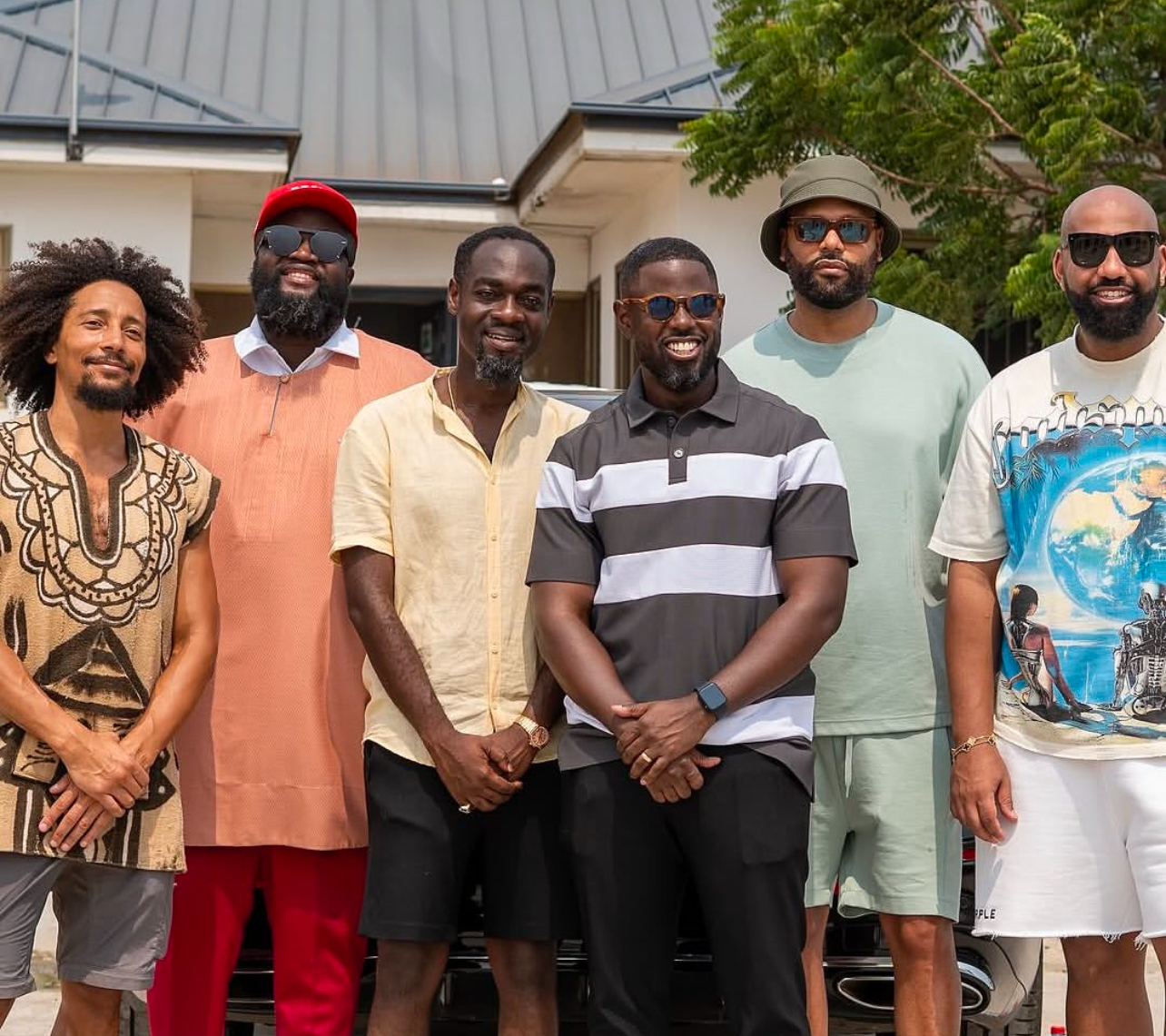Chief Justice John Roberts, in a year-end report, expressed a nuanced view of the impact of artificial intelligence (AI) on the legal field. He acknowledged AI's potential benefits, such as enhancing access to justice, revolutionizing legal research, and aiding in quicker, cost-effective case resolutions. However, Roberts also highlighted concerns, particularly regarding privacy and AI's limitations in replicating human judgment.
Roberts predicts that while human judges will remain essential, AI will significantly influence judicial work, especially at the trial level. He urges "caution and humility" in AI usage, referencing instances where AI-generated 'hallucinations' led to lawyers citing non-existent cases. This issue of AI hallucinations in legal documents has been documented, with one notable example involving Michael Cohen, Donald Trump's former lawyer.
The 5th U.S. Circuit Court of Appeals recently proposed a rule to regulate lawyers' use of generative AI tools like OpenAI's ChatGPT. Under this rule, lawyers must certify that they either did not rely on AI for drafting briefs or that any AI-generated text was reviewed for accuracy. Roberts' discussion emphasizes the need for careful consideration as AI becomes more integrated into legal processes.






